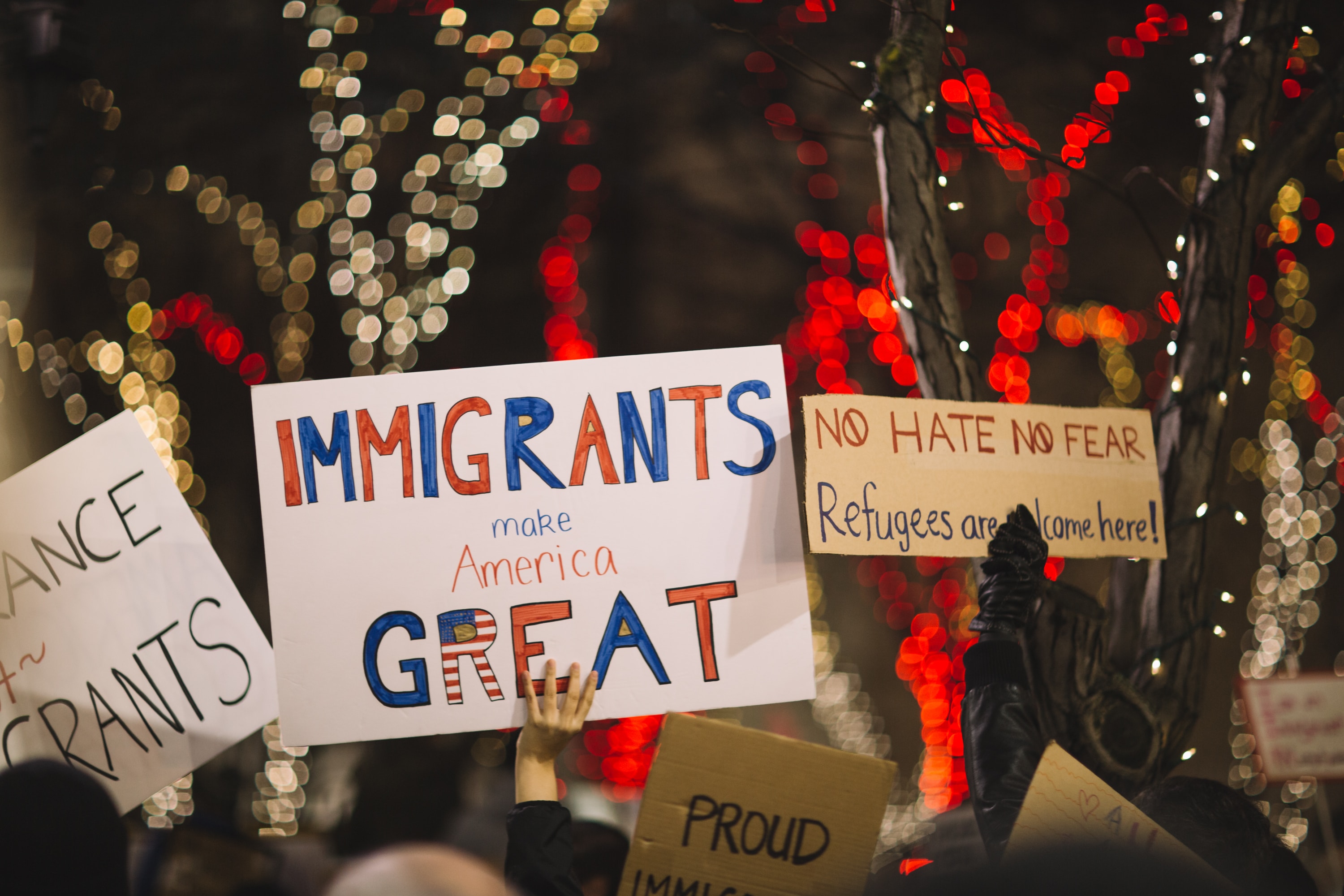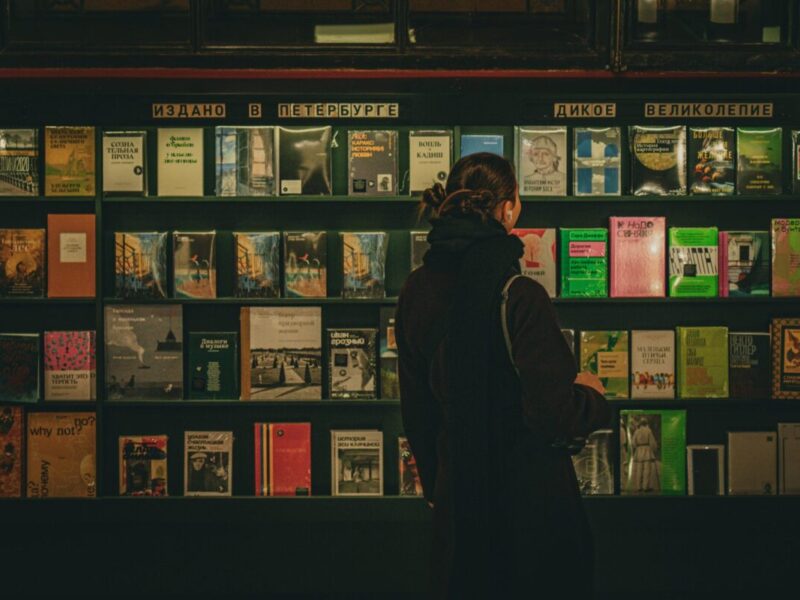Literature, including poetry, has long been a vehicle for thought-provoking political resistance and commentary outside of the dominant and privileged perspective. For me, it’s reading about this nuanced, diverse America—with all its flaws, triumphs, and progress—that encourages me to both show gratitude and continue to fight against injustice.
The Fourth of July can awaken complex feelings for many Americans. In 2018, a YouGov poll found that only 40 percent of surveyed Americans identified as “patriotic.” This number dwindles even more significantly among young people. With increasingly divided politics, a rise of protests like the Women’s March and the March for Our Lives, and an ongoing debate over what symbols like the flag and the national anthem really mean, it can be difficult to know how to celebrate.
Spanning a wide range of American history and showcasing a diverse group of voices, these four poems offer a look back at America’s past and a glimpse of what the future could look like.
“The New Colossus” by Emma Lazarus
Written in 1883, Lazarus’s “The New Colossus” raised money for the podium that the Statue of Liberty still stands on today. As a tribute to its pivotal role, the famed sonnet is inscribed on the monument.
Lazarus descended from Jewish immigrants and dedicated much of her life to advocating for refugees. It’s easy to spot this fierce, passionate inspiration in the most frequently quoted lines from her poem: “Give me your tired, your poor / Your huddled masses yearning to breathe free, / The wretched refuse of your teeming shore.”
Lazarus writes these words from the viewpoint of the Statue of Liberty herself, who she describes as a “mighty woman with a torch” and “Mother of Exiles.”
The poem ends with a bold and hopeful image of America as a guide and protector for the oppressed: “I lift my lamp beside the golden door!”
“I, Too” by Langston Hughes
“I, too, sing America,” Hughes begins his impactful and defiant poem. The Harlem Renaissance writer penned this poem while trying to get a boat ride back to the United States from Italy—only to find that no white sailors would permit him on their ships.
Though quite literally isolated and held back by segregation, in this frustrating moment, Hughes dared to envision its end, prophesizing, “Tomorrow, / I’ll be at the table / When company comes” and “They’ll see how beautiful I am / And be ashamed— / I, too, am America.”
With this declaration, Hughes proclaims the dignity and magnificence of black America, arguing that black culture and black history are inseverable from the nation itself. Hughes cry for inclusivity still heartens and motivates citizens today.
“Praise Song for the Day” by Elizabeth Alexander
A poet who lived to see perhaps the truest and highest embodiment of Hughes’ dream, Alexander wrote “Praise Song for the Day” specifically for Barack Obama’s inauguration. In the poem, Alexander shows how ordinary, daily life can be a catalyst for hope, revolution, and festivity: “Someone is stitching up a hem, darning / a hole in a uniform, patching a tire / repairing the things in need of repair.
Someone is trying to make music somewhere, / with a pair of wooden spoons on an oil drum, / with cello, boom box, harmonica, voice.” By focusing the first half of the poem on someone, Alexander makes her belief clear—anyone can create change. The mention of “cello, boom box, harmonica, and voice” conjures the idea of a unified, yet diverse and layered, song or rallying cry.
Above all, Alexander’s poem revels in the held breath of national potential and in anticipation: “In today’s sharp sparkle, this winter air, / anything can be made, any sentence begun. / On the break, on the brim, on the cusp, / praise song for walking forward in that light.”
“Brow Pencil to Hillary” by Marianne Kunkel
A recent milestone that’s left me feeling patriotic arrived Monday with a Vogue spread of five female presidential candidates. This spurred me to reflect on my own dream for America and how tantalizingly close it seems, especially when I never saw that level of representation as a child.
In “Brow Pencil to Hillary,” a poem from Kunkel’s book Hillary, Made Up, Kunkel observes how perceptions of womanhood have shifted, through the small, unexpected detail of Hillary Clinton’s eyebrows. Like many of us, Clinton went from the ‘90s ideal of thin, painstakingly plucked brows to today’s trend of thick, “natural-looking” brows. Kunkel describes these as “power brows,” inspiring “fear and awe.”
She also ruminates that today’s girls might grow up without plucking or waxing, without a demand for perfection or an expectation to shrink their strong characteristics. “Just think, girls / today preserve each strand of power,” Kunkel writes, “. . . aware strong brows are only the beginning.” Putting more cracks in the glass ceiling? Now that’s definitely an American dream.
This July, take in some fireworks, savor your favorite summer foods, and exercise some of your freedoms and responsibilities—register to vote, give to an organization that advances your vision for America, and think and read deeply.




